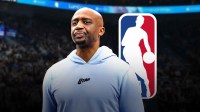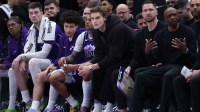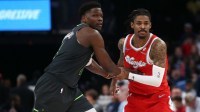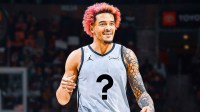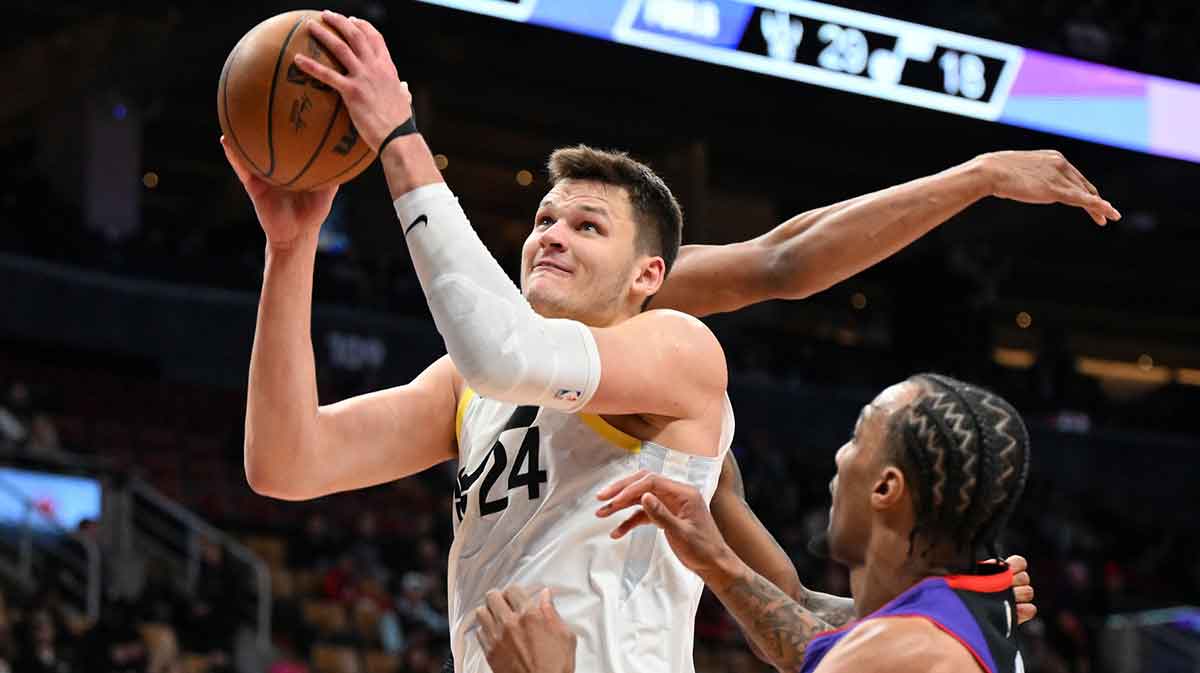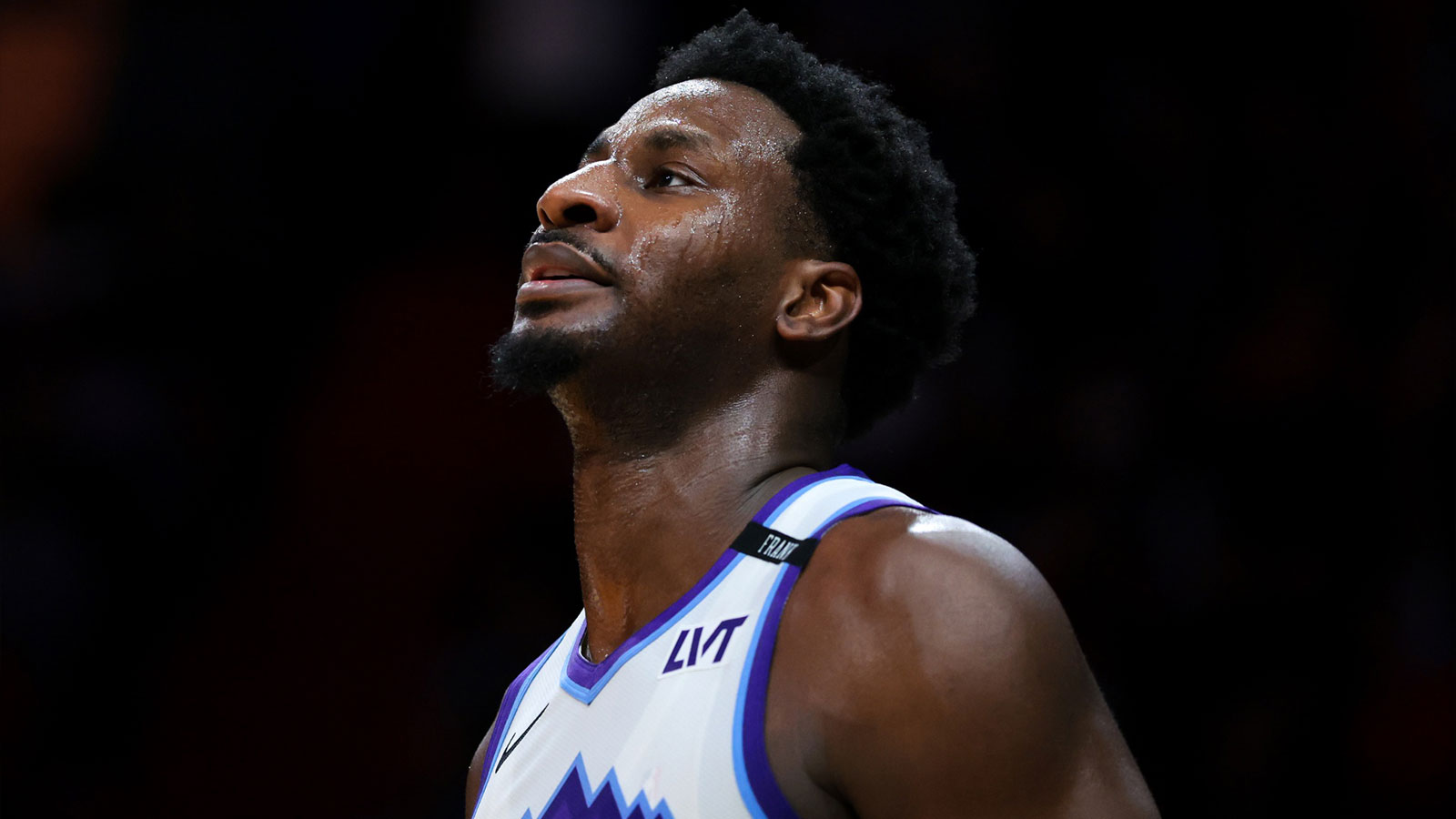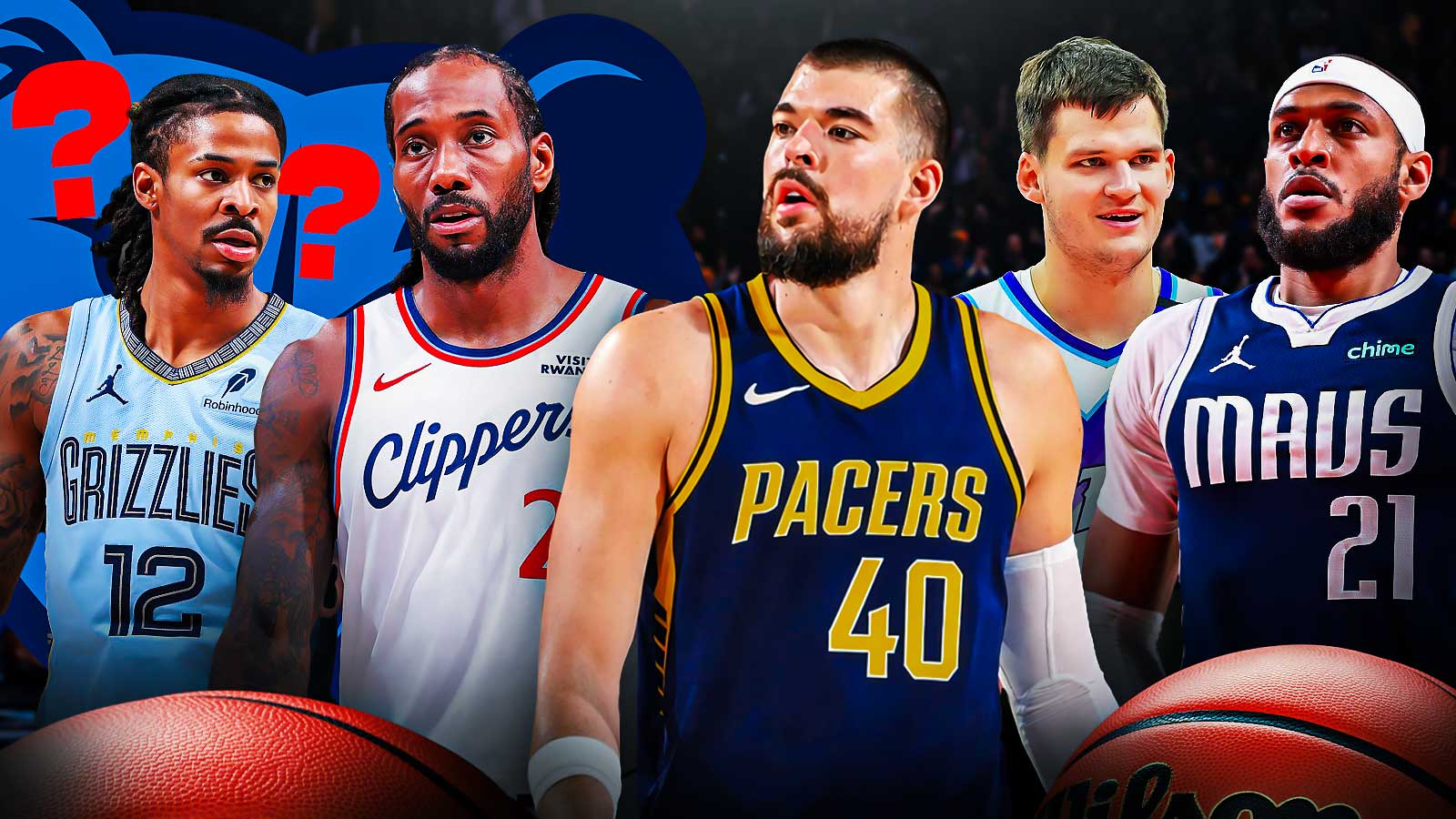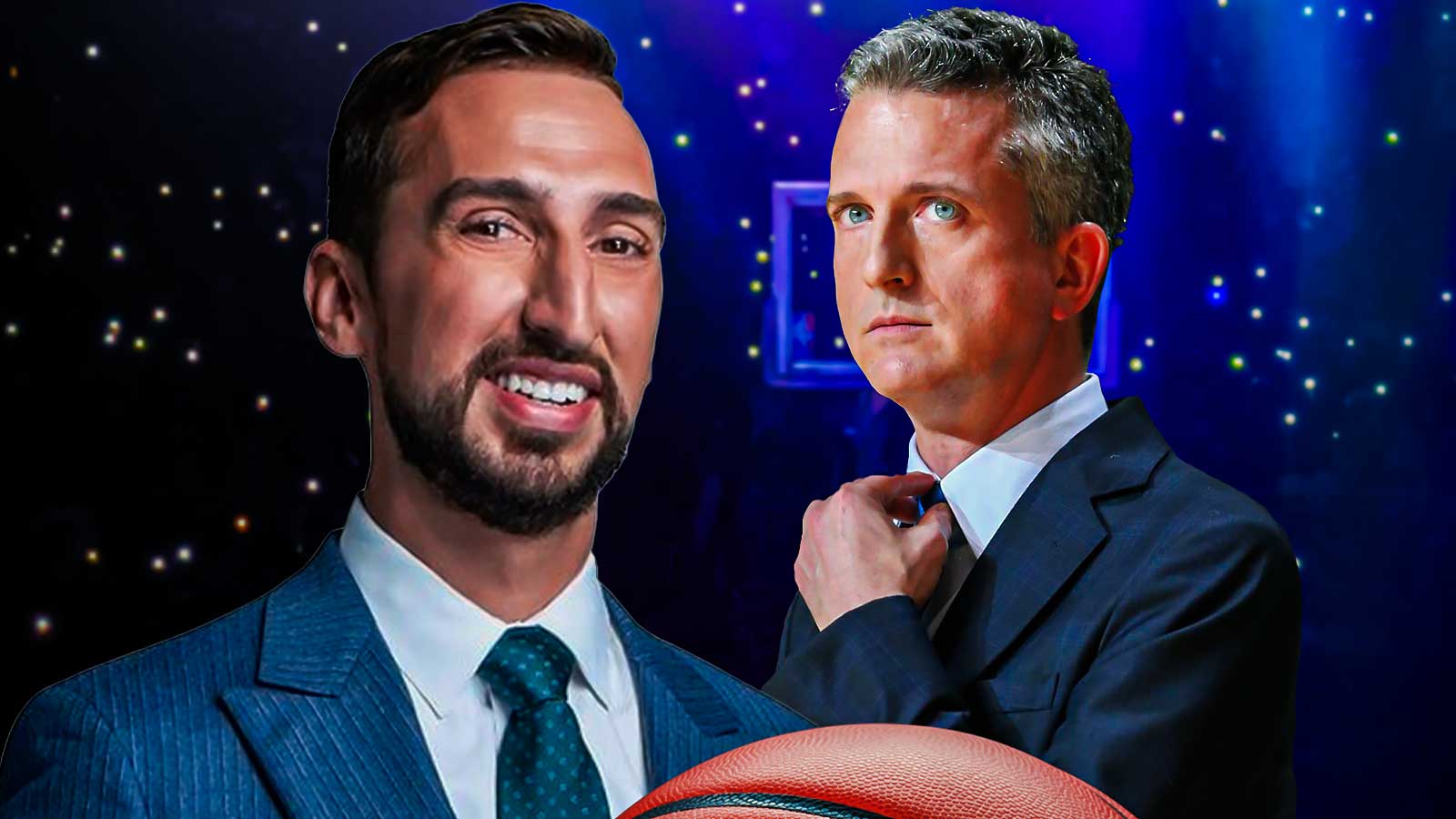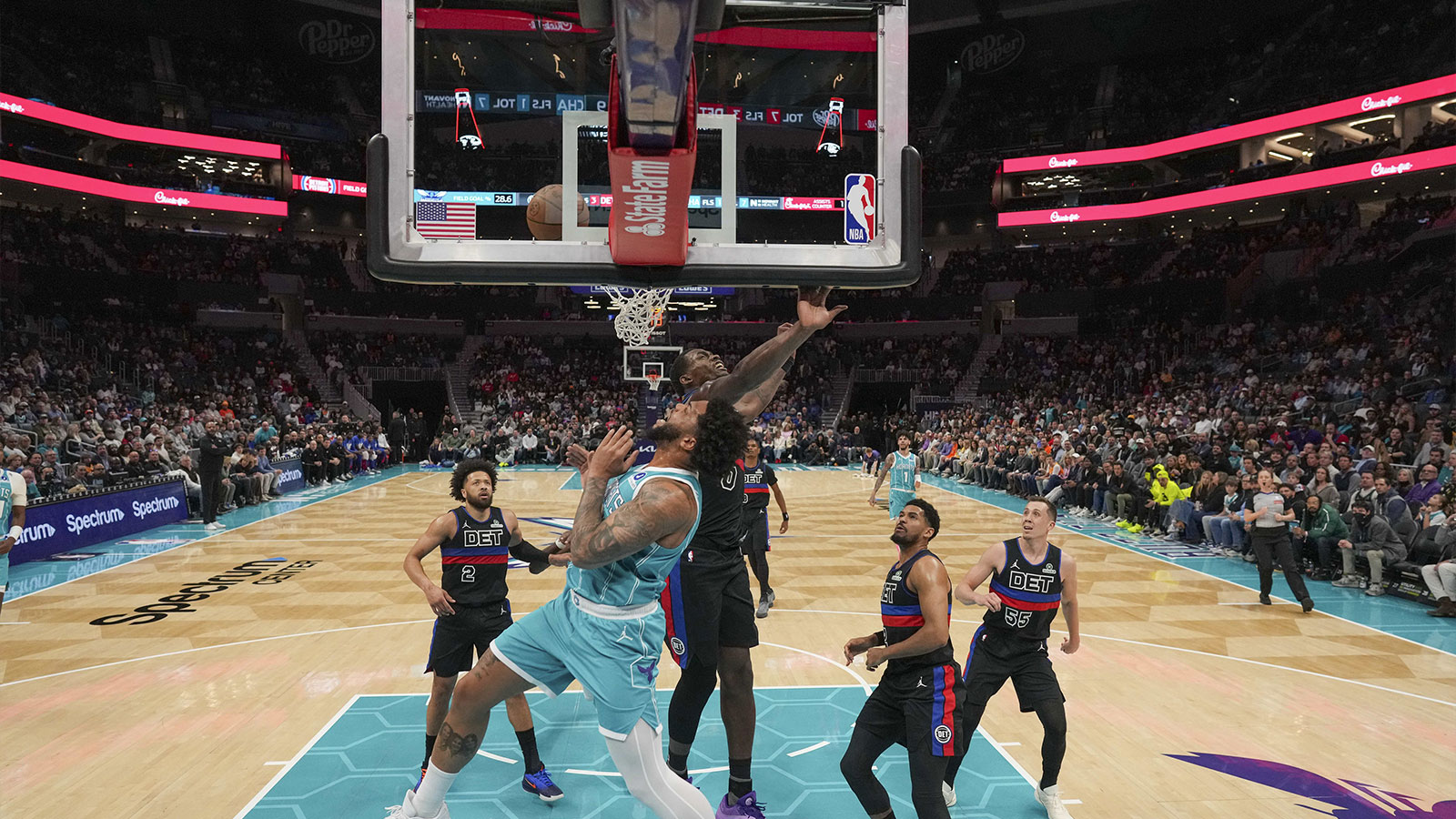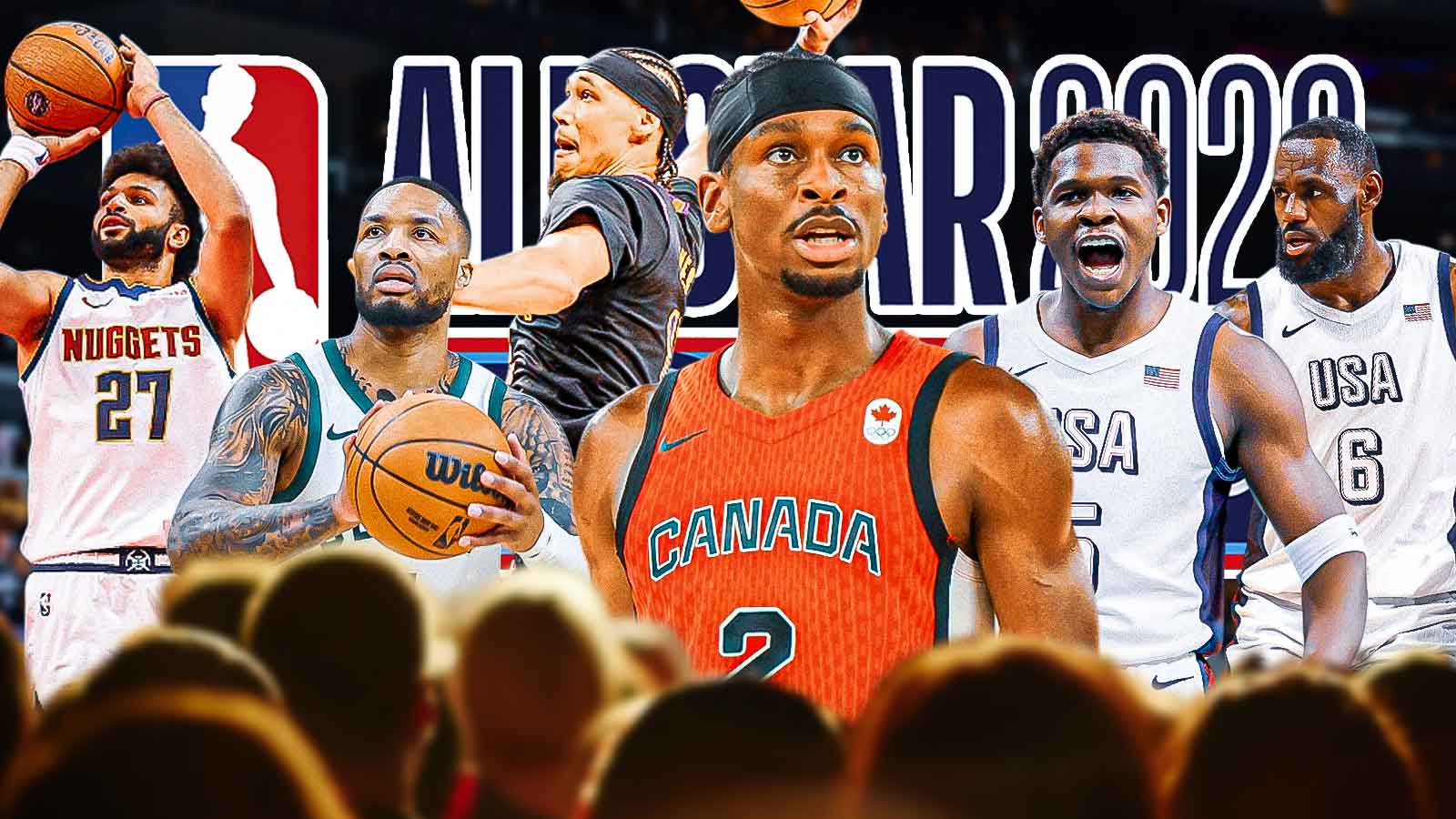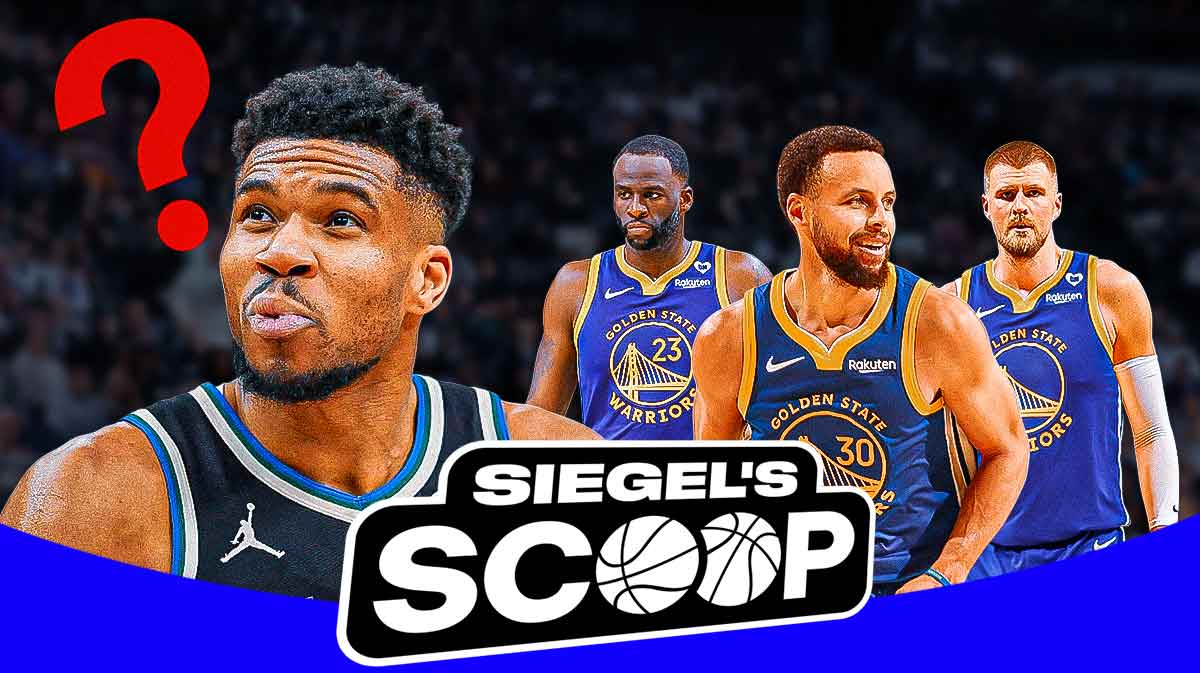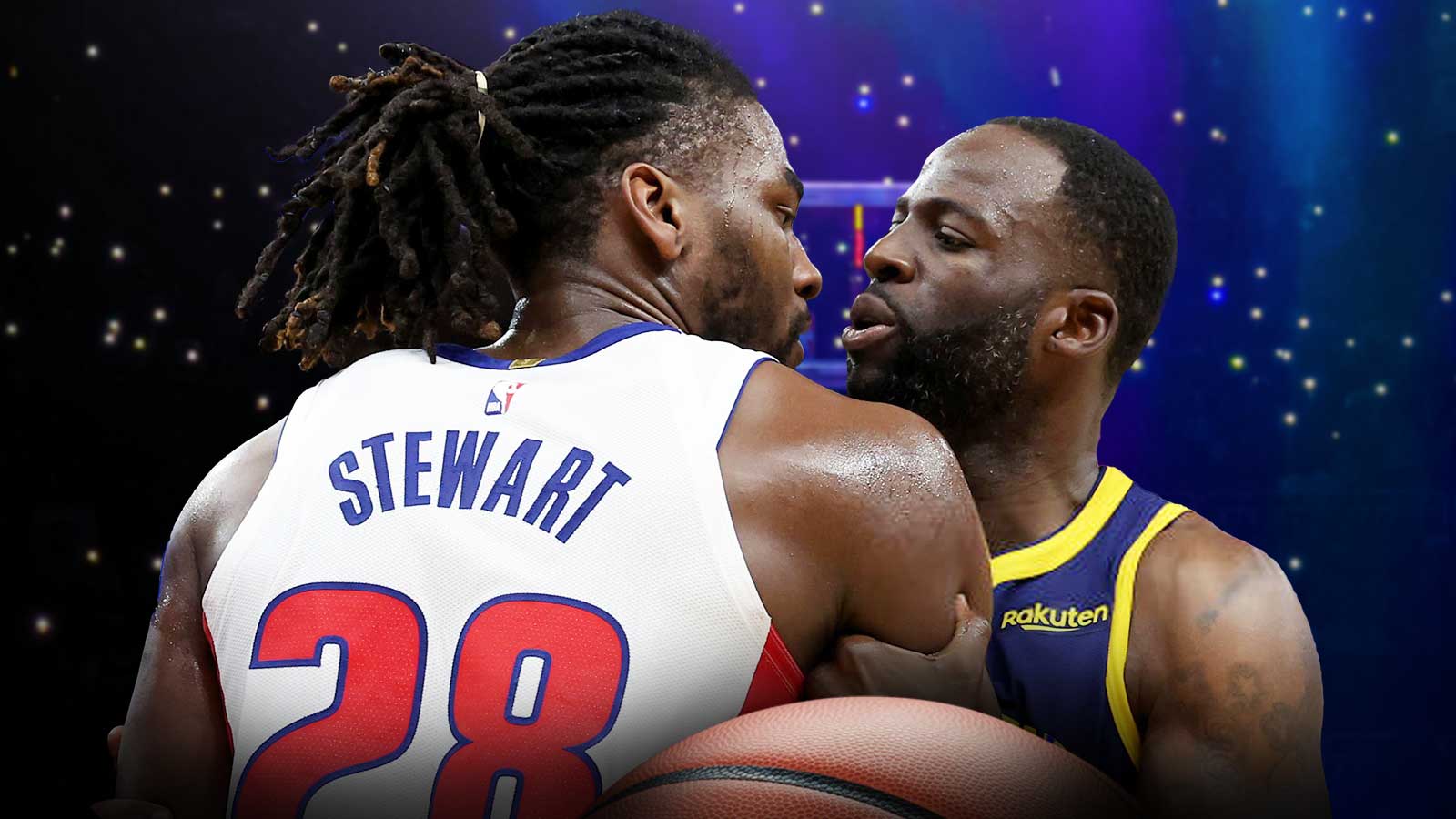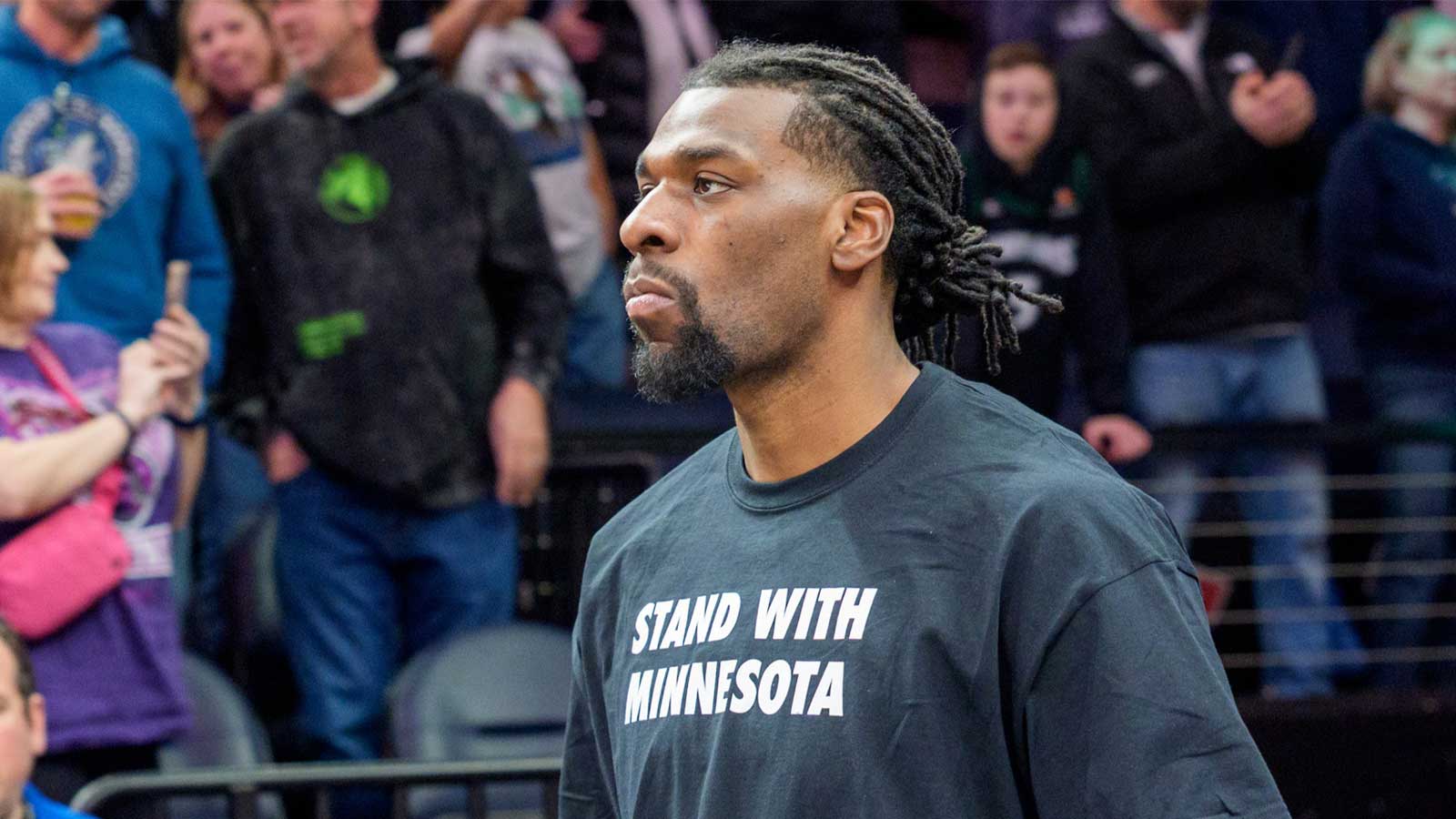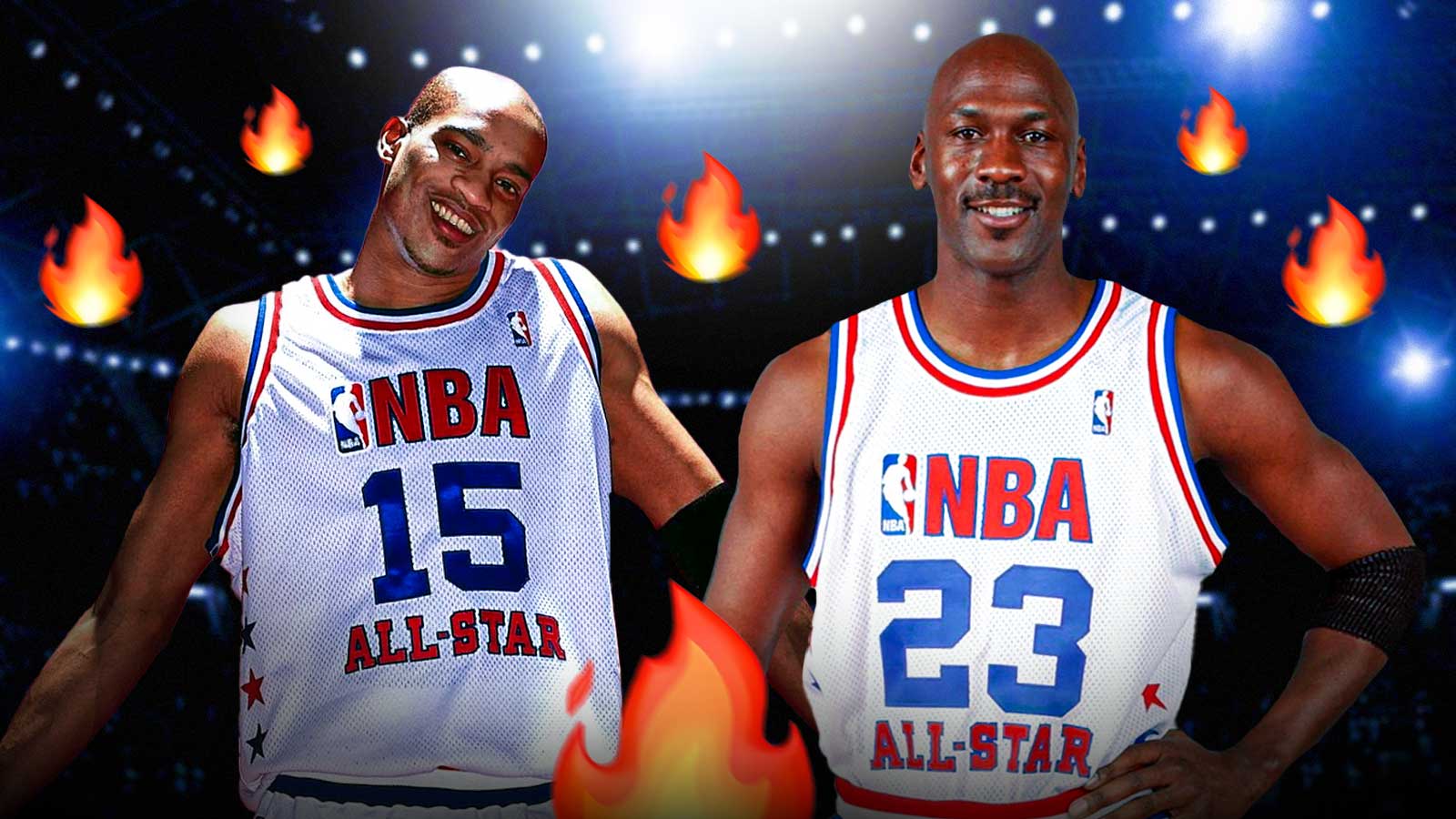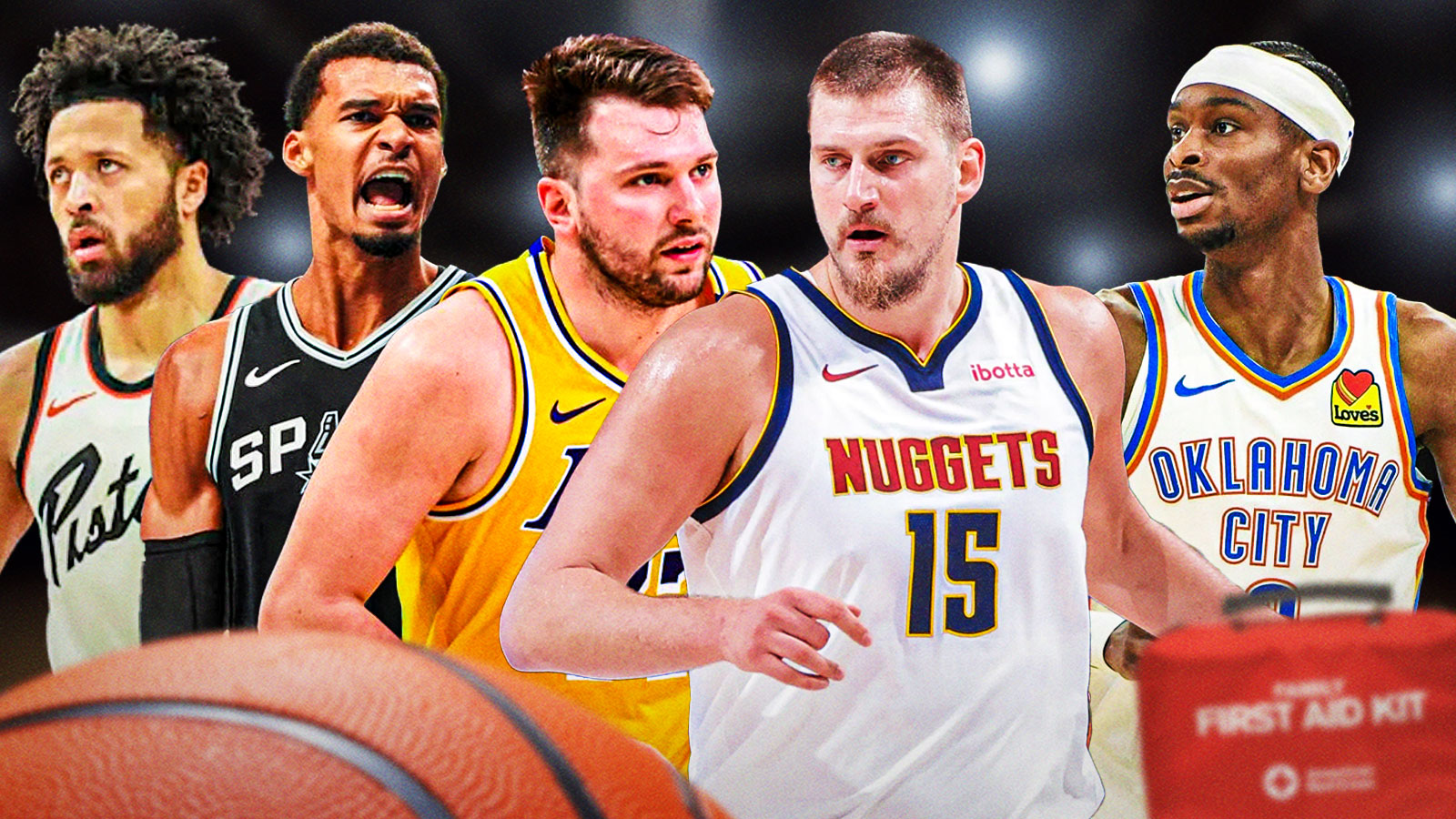They are the villains of the NBA.
NBA refs have one of the toughest jobs in sports. They make calls to the best of their ability and receive the brunt of the criticism when their judgment is incorrect. The main issue, though, isn't with refs making mistakes. It's with holding them accountable for those mistakes.
It doesn't help that there's already been a large betting scandal involving NBA referees fixing games in the past.
As it stands now, a ref could miss a blatant foul. It happens. But instead of another entity keeping the refs accountable either during the game or after, a blatant missed call has to stand because the word of the referee, in this instance, is final. That's not to say there haven't been attempts at accountability.
In the early 2000’s, replay review was implemented for last-second shots. Replay review has since been expanded to issues such as determining a 24-second violation, identifying if a shot was a two-point shot or a three-point shot, and whether a flagrant fouls should be assessed.
Though blatantly bad calls remained an issue, and coaches, players, and fans would lash out against referees. And in today’s social media age, refs have become the pariah of the sports world. Fans operate under the notion that their team would win all the time if every game was “called correctly.” It sometimes feels as if a team is fighting the refs, and not just the opposing team on the court.
In 2018, the Houston Rockets wrote a report, which they ended up communicating verbally to the league, citing 81 potential missed calls in Game 7 of their Western Conference Finals against the Golden State Warriors. Nothing was done. Grievances against refs only got worse.
NBA Commissioner Adam Silver has not turned a blind eye to the longtime issue with refs. In 2014, a state-of-the-art replay command center in Secaucus, New Jersey was introduced. 94 high-definition monitors helped review replays in-game, and the team in Secaucus determined the result of the reviewed play instead of the refs on the court.
In March 2015, the NBA implemented a new “last two minutes report,” where the league assessed officiating calls in the last two minutes of a close game. They'd identify a called foul that wasn't actually a foul, or a travel that should've been called. And while the goal was accountability, really the only impact the report had was to drive the losing team crazy, knowing that they should've won had a few fouls been called correctly.
Recently, the league has taken to social media to quench fans' desire for accountable officiating. The NBA referees’ official Twitter account, at times, would hold an open forum during games, where fans could ask the account any officiating question in-game. Last year, that same Twitter account even posted a video of how refs are held accountable, featuring oft-scrutinized referee Scott Foster:
How are NBA referees held accountable for their performance on the court?
Every game, every play – by the NBA (through advanced analytics), by players and coaches, by fans…and by themselves. Here's how it works, from veteran NBA ref Scott Foster – WATCH: pic.twitter.com/IJgdQ7FTmL
— NBA Referees (@OfficialNBARefs) January 17, 2018
And this season, the league has taken another step, introducing the “coach’s challenge.” The new feature allows a coach to challenge a called foul, out-of-bounds call, or goaltending. The coach must have one timeout to use the challenge, and only has one challenge throughout the game, regardless of whether it’s successful or not.
But a quarter into the season, the coach’s challenge, which had the semblance of more accountability, hasn’t actually turned out that way. Coaches relished the opportunity to challenge a call, forcing refs to turn to replay to either uphold or overturn their call. But what coaches and players have found, instead, is that the system doesn’t quite work like they’d like.
First, the fact that coaches can only challenge a set number of issues limits the scope of accountability. For example, this very blatantly missed travel call on LeBron James, which even James acknowledged was a horrible travel, has everyone wondering what the refs were thinking:
Seems like LeBron found out about his travel at halftime ¯_(ツ)_/¯ pic.twitter.com/ll8egROAHf
— ESPN (@espn) December 5, 2019
But there’s nothing anyone could do about it. Players could only throw their hands up in frustration, the referees weren’t disciplined, and eventually everyone had to move on.
Outside of having a small range, the more important issue with the coach’s challenge so far, seemingly, is pride. A person in a position of power will need to humble themselves to admit that they were wrong. In an NBA game, refs hold immense power with their ability to make calls that decide outcomes. And, as is human nature, referees don’t like their authority to be compromised.
In 2007, referee Joey Crawford infamously ejected Tim Duncan for laughing on the bench. Duncan had strongly disagreed with Crawford's calls and non-calls throughout the game and had previously expressed his disapproval. So the next time Crawford made a foul call, Duncan sarcastically laughed from the bench. Crawford, himself, said he “thought it was incredibly disrespectful.”
While that instance is often singled out, there are numerous instances of referees calling technical fouls for feeling like players aren't respecting their authority. To be fair, players do frequently cross the line in the heat of the moment. But there are plenty of situations where a ref just isn't having it with a player who starts show some signs of disrespect.
Fast forward to today, and Los Angeles Clippers coach Doc Rivers took issue with the refs in an early-season game against the Milwaukee Bucks. The Clippers lost the game, and Rivers was irate over an offensive foul called on Lou Williams in the fourth quarter. Bucks’ guard Eric Bledsoe drew the foul, and Rivers strongly believed that Bledsoe flopped.
Rivers used his coach's challenge, and the refs retreated to replay review. As fans in the arena and at home examined the replay, it was evident that there was little to no contact made by Williams, and Bledsoe should win an Oscar for selling the foul. But even after reviewing the play, the refs upheld the offensive foul call. Afterward, Rivers revealed what the issue really was.
“That was awful. It was. They should’ve overturned it,” he argued. “Nobody wants to be wrong. Let me just say that. You have to overturn that.”
The issue of not wanting to be wrong popped up again in a late November game between the Los Angeles Lakers and the New Orleans Pelicans. In the fourth quarter, the Lakers challenged a foul call on Kentavious Caldwell-Pope.
During the replay review, LeBron James walked over to the broadcast table, and made his opinion clear. “That’s a bad call,” James commented. “When the ref makes that call, he don’t never want to be wrong. They’re never going to overturn it. Ever. Ever.”
Sure enough, James was right. The foul was upheld.
While “never” may be a strong word, referees have been less inclined to overturn a called foul in the fourth quarter. According to a report published by the league, as of December 8th, there had been 88 foul calls in the fourth quarter that have been challenged. Only 29, or 33%, of them have been overturned. By contrast, a larger percentage of challenged foul calls have been overturned in each of the first, second, and third quarters.
In the fourth quarter, calls matter more. Plays are more intense, players are more on edge, and referees seemingly don't want to compromise their authority by admitting they were wrong. Even when the replay review clearly presents evidence that they were. But again, there's currently nothing anyone can do about it, and the NBA rarely disciplines its officials.
Perhaps putting referees on the podium post-game, and having them explain their thought process on calls and non-calls could be a good step towards transparency.
But at the end of the day, teams have to accept the lack of accountability and move on. It's not merely an NBA issue though, as the NFL has also had its fair share of referee problems–including a blatantly missed pass interference call that cost the New Orleans Saints a Super Bowl berth last year. To make it worse, in an attempt at transparency similar to the NBA's goal in the two-minute report, the NFL admitted to the Saints they missed the call.
The counterpoint is usually to not let the game come down to a last-second call by the referee. But in a league like the NBA, in a back-and-forth game like basketball, it's inevitable that the power of deciding an outcome will often lie in a ref's whistle.
Referees are human, and they'll make mistakes. We all do. But in the world of NBA referees, there happens to be little to no consequence for doing so.
And until they're held accountable for what they do on the court, they will continue to be, sadly, the villains of the NBA.



